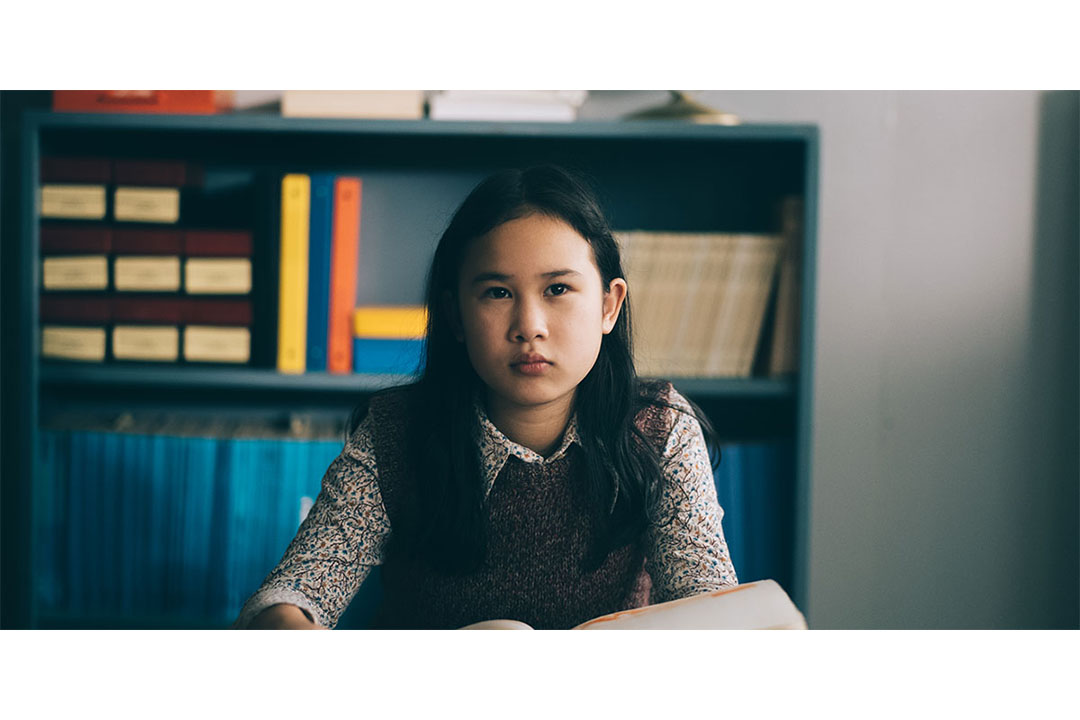Inspired by the Governor General’s award-winning book written by Kim Thúy, Ru follows the story of Tinh, a young Vietnamese girl who — while experiencing the end of the Vietnam War and the fall of Saigon in the year 1975 — was forced to flee her home as a refugee. Tinh ultimately lands in the town of Granby, Quebec with her family members. While overcoming her nightmares and nostalgia for her hometown, she tries to learn how to find happiness again in a new culture.
The word ‘ru’ in Vietnamese means lullaby, while in French, it means flow or stream – a title which mirrors the flow of Tinh’s own life from a carefree lullaby, to rapid waves, to a once again peaceful stream.
The young Tinh went from living in a big house with a vibrant social life in Vietnam to a small, rented apartment in snowy Quebec. Separated from a sister-like childhood friend, Sao Mai, the audience sees her struggle to meet new friends and learn a new language.
Although Tinh is the movie’s protagonist, she always acts as an observer. Sometimes, she walks away from the movie’s shots or occupy only a small corner of the main scene. When in conversation or asked questions, she often responds by just looking into the camera silently. Her stare, which replaces her words, stirs emotions in the audience’s hearts, pulling us close to her solitude and quiet misery as a teenager who is not only going through the turmoil of adolescence but also her trauma and cultural anxiety.
Ru is told in non-chronological order, using flashbacks to convey Tinh reliving traumatic memories. The juxtaposition between shots of peaceful country roads and the horrible refugee boat captures these two different realities of her old home, puncturing the Tinh family’s peaceful and stoic attitude towards life.
The movie is an homage not only to the kindness of the people of Granby but a tapestry of the people who give Tinh hope throughout her life. For example, Tinh meets an older man who shared a similar, yet harsher, experience than her family. He was locked in chains during the war and almost executed by Northern Vietnamese soldiers, but before his execution, he was still able to notice the sky above him was a different shade of blue than usual, which inspired his own miraculous survival. He told Tinh to appreciate the positive, little things in life, no matter the circumstances. The lesson changed Tinh’s thoughts about her situation, and she was able to face it with greater optimism.
The audience gets to know Tinh better with every new connection she makes, whether with her quebecois friend Johanne, her remaining family left behind in Vietnam, the fleeting hometown memory of a mother with her baby selling warm bread on the street, or the old man she meets at a restaurant who encouraged her to write. These connections are what inspires her and guides her to adapt to her new home with positivity.
Ru’s ending is ambiguous yet hopeful. We do not get to see her fully recover from her traumatic experience — but we know that the stream of her life will continue to flow.



No comments to display.